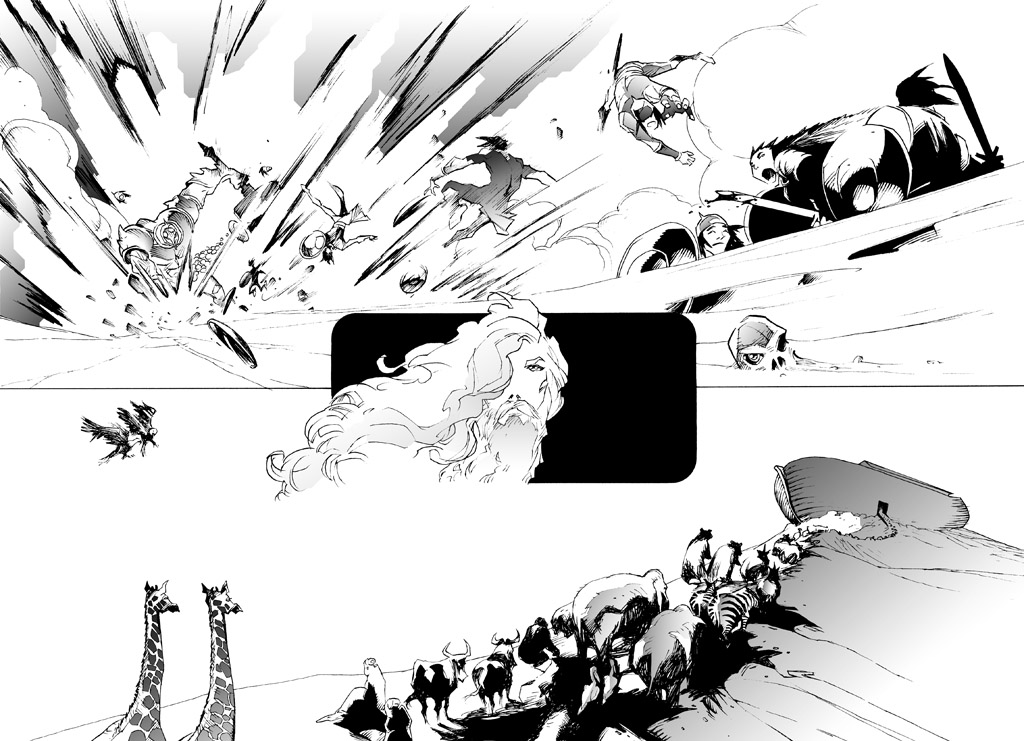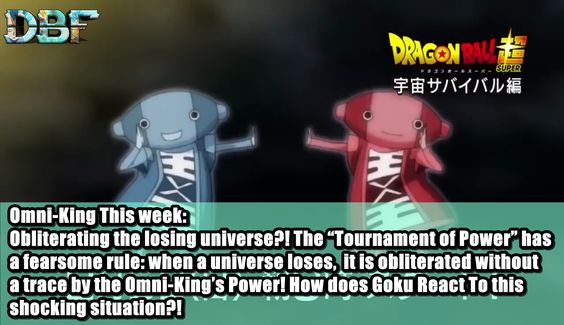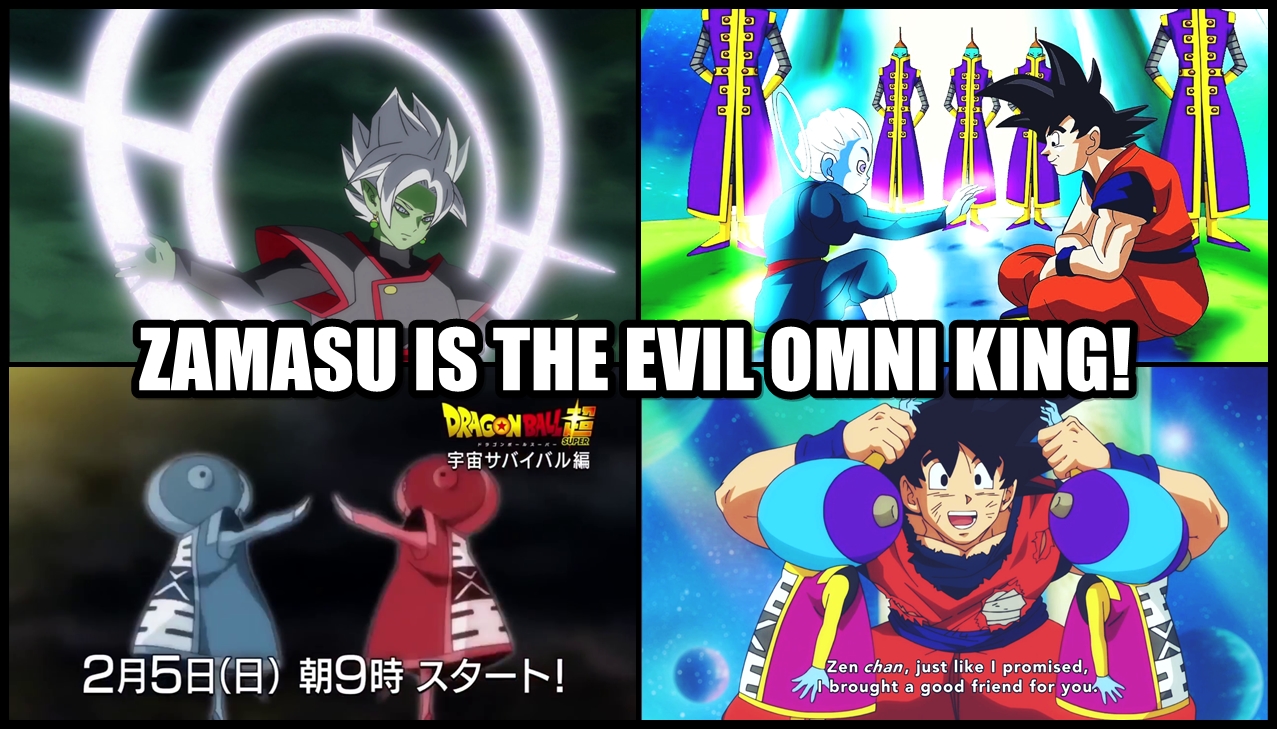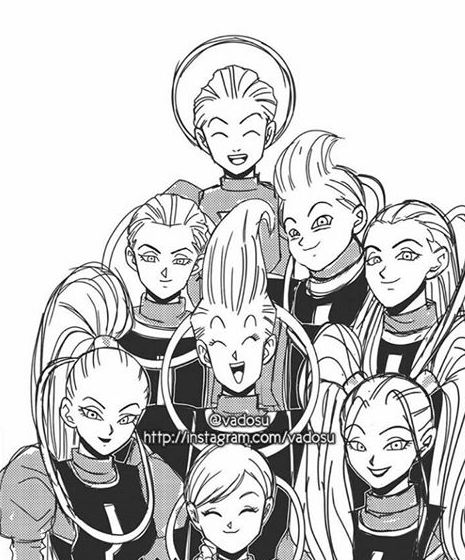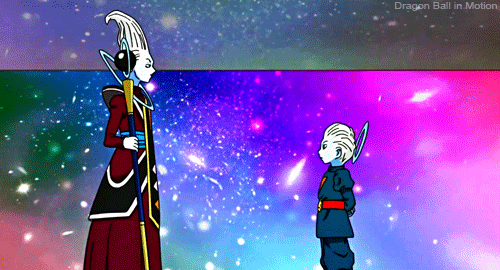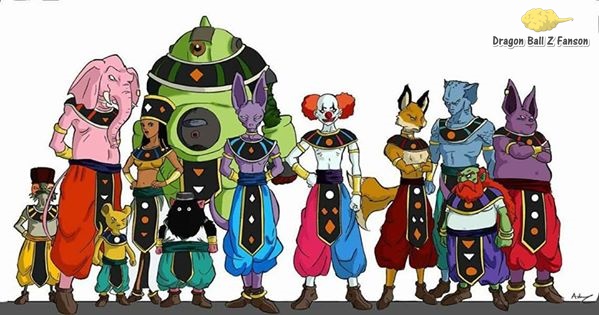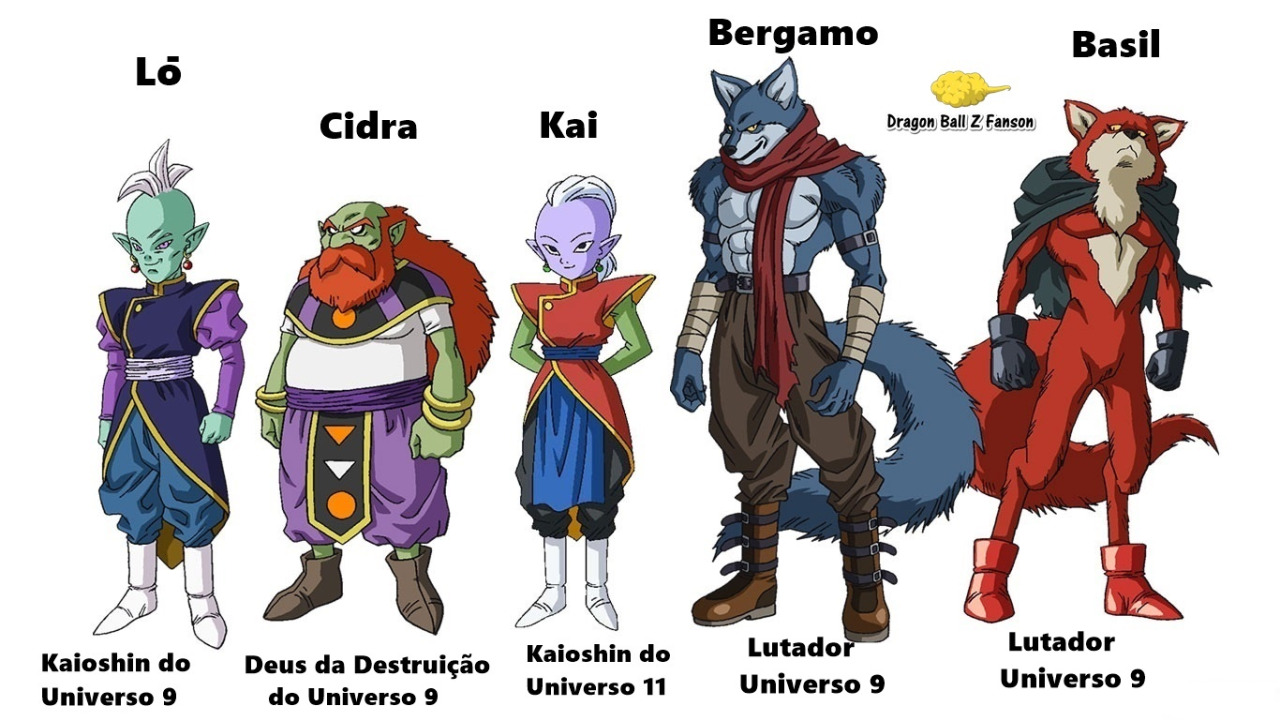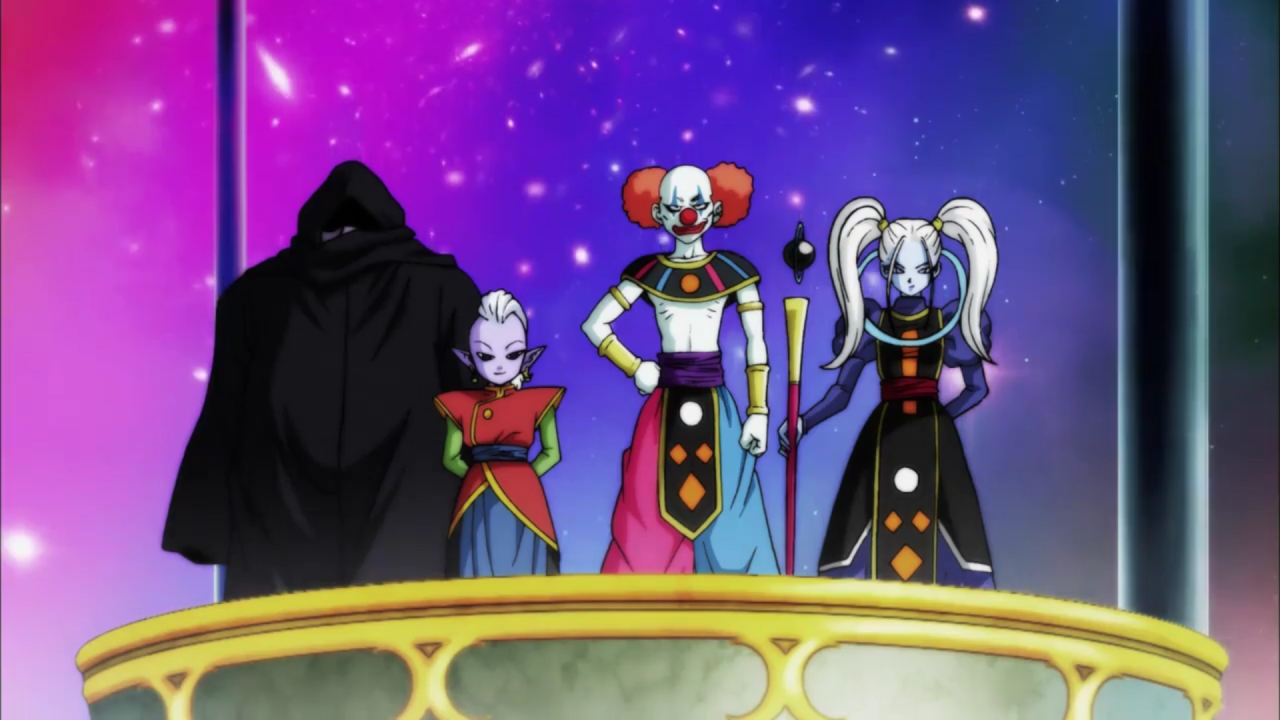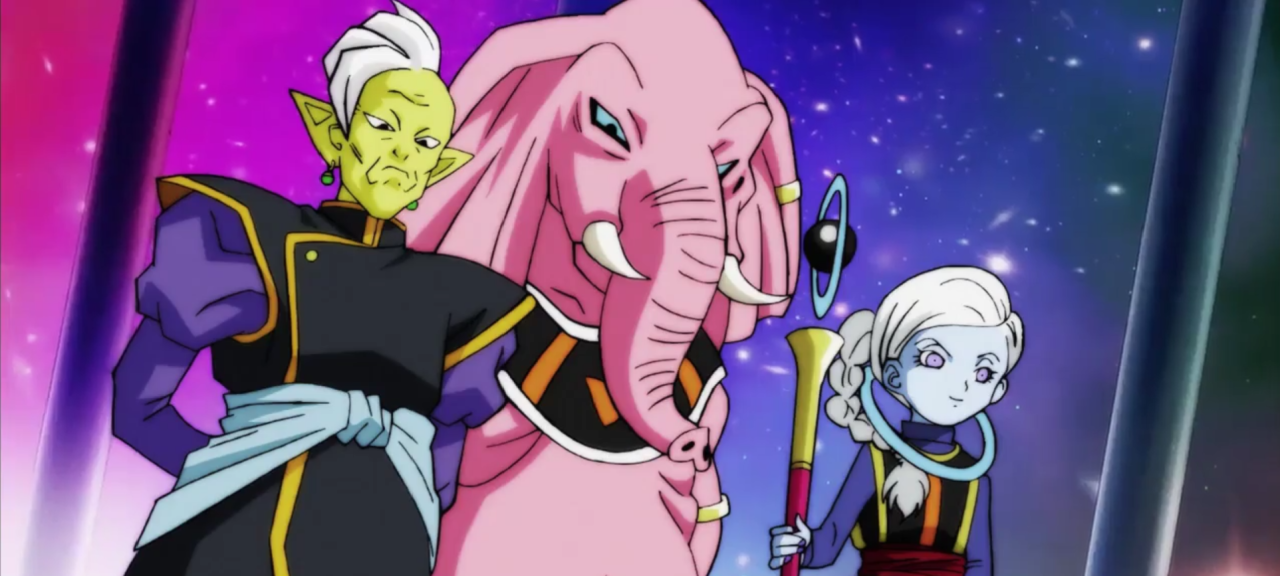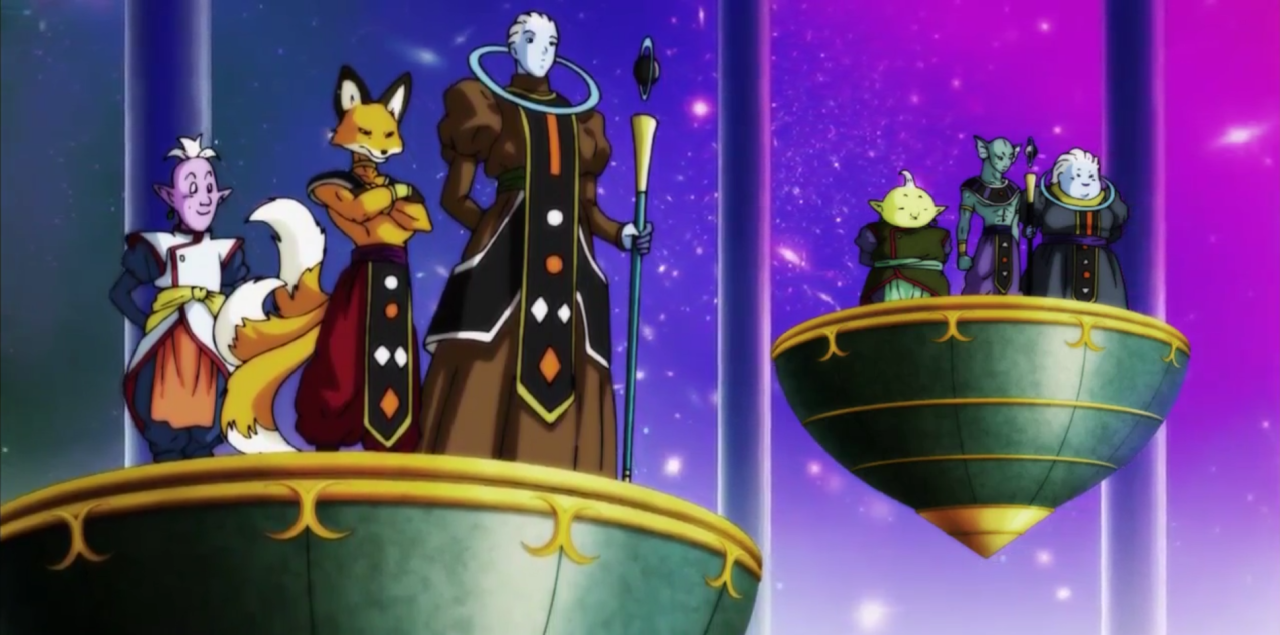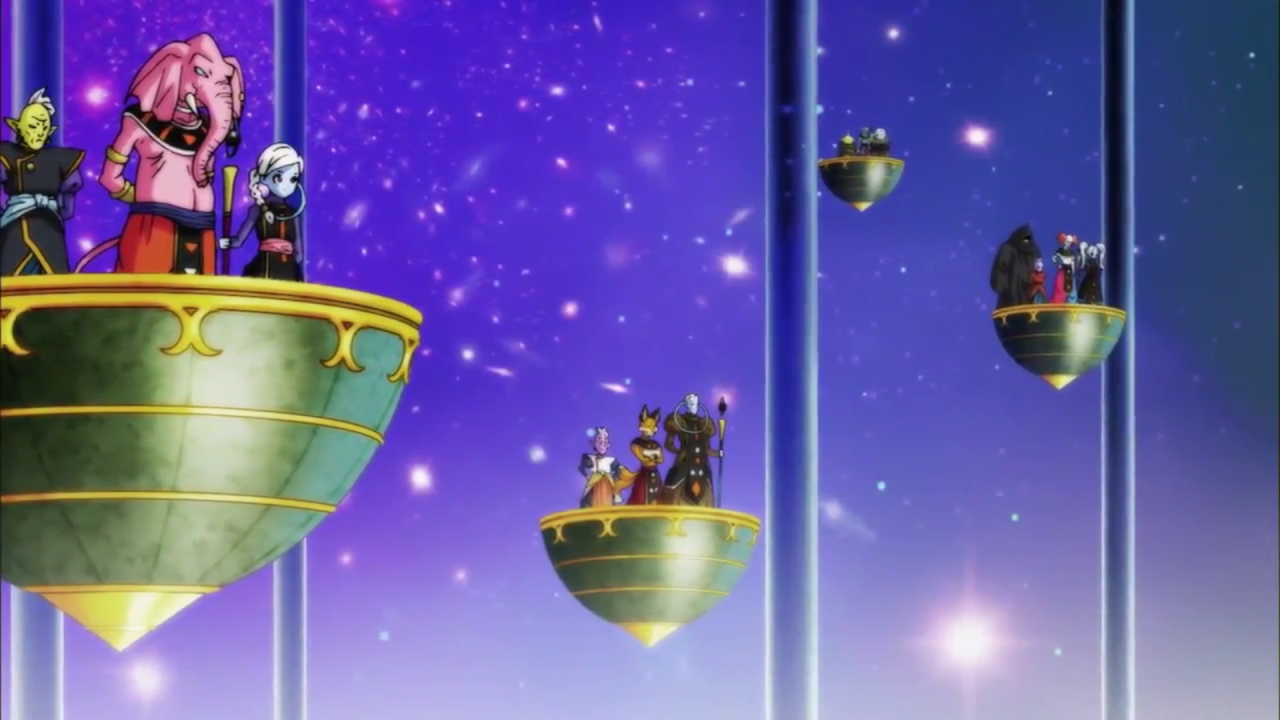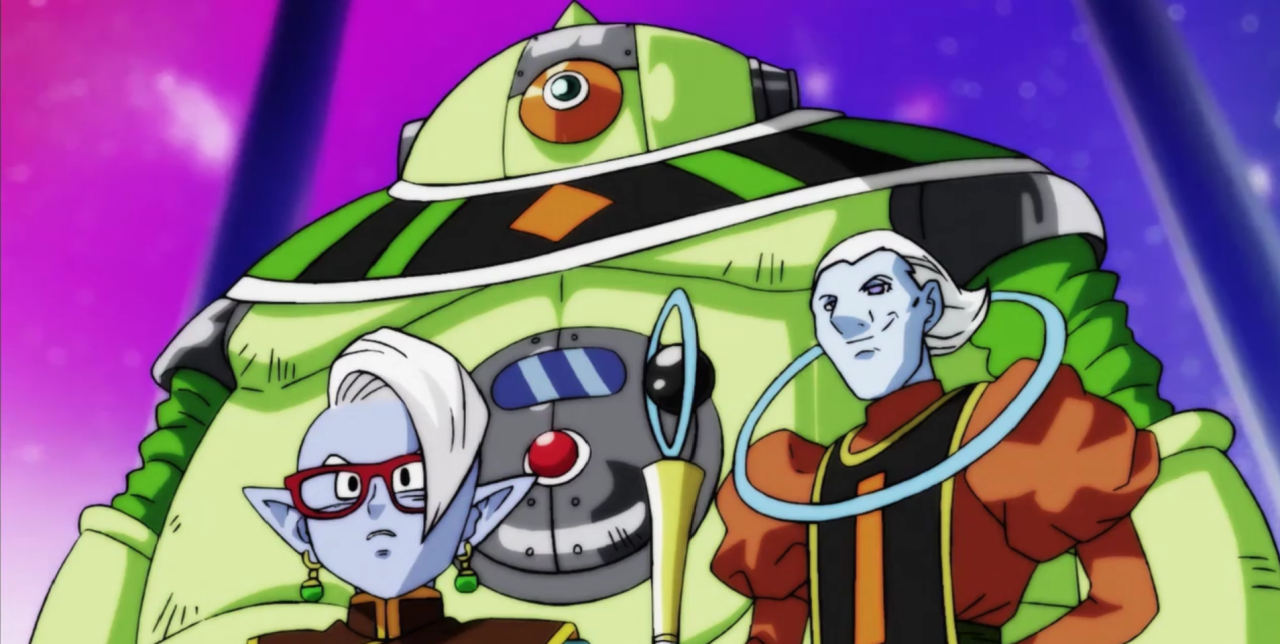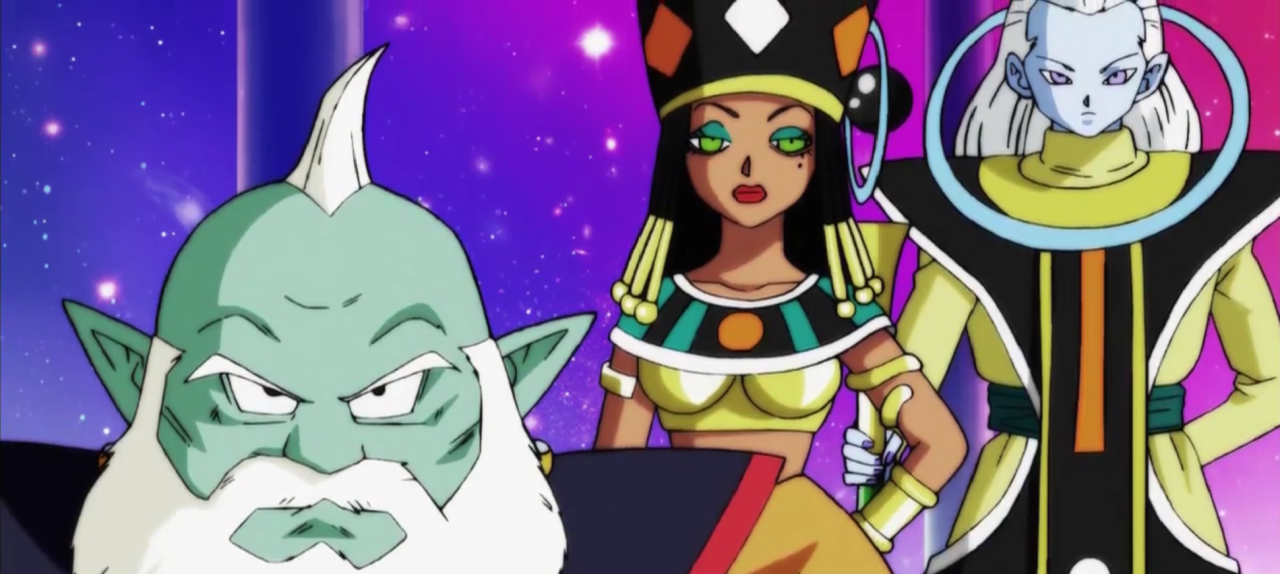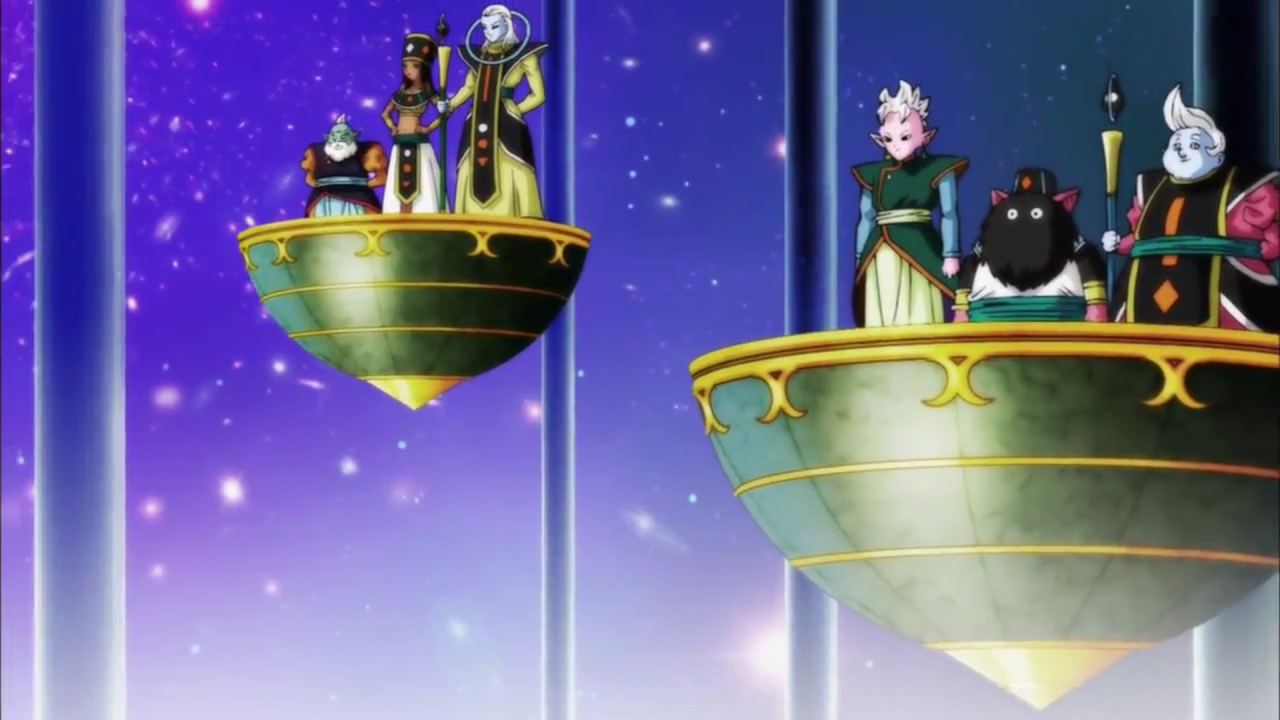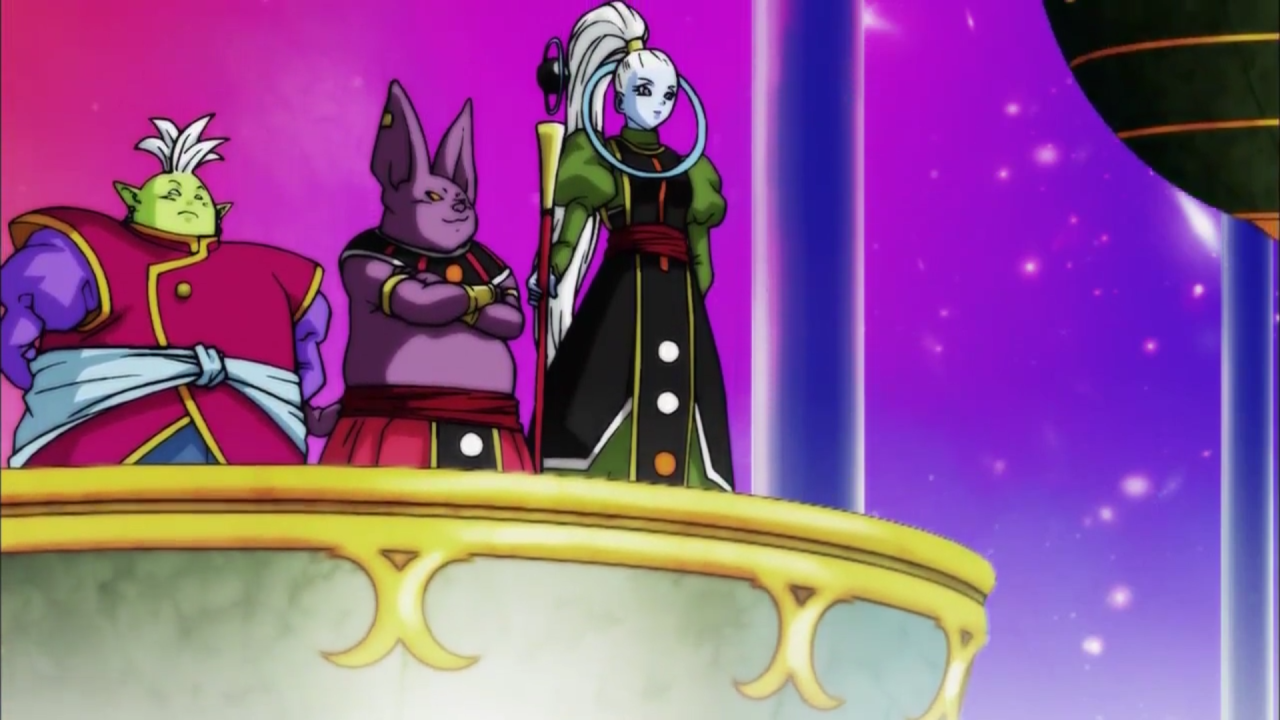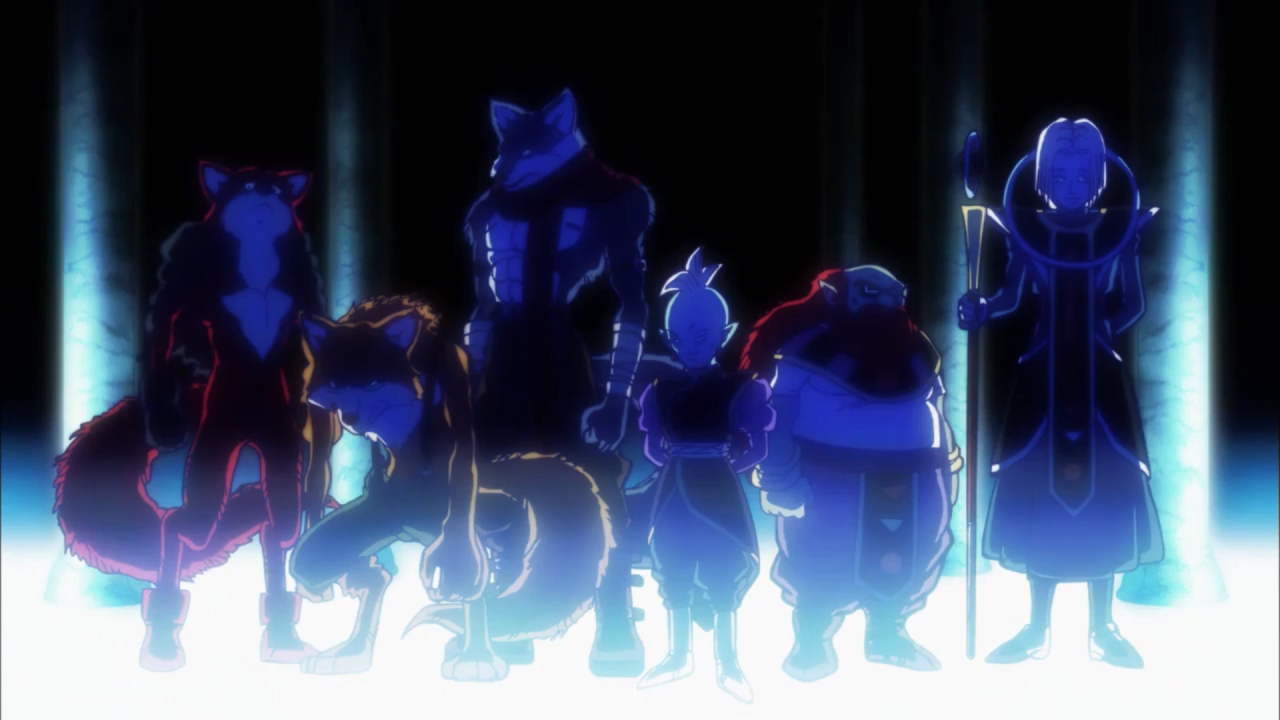That's pretty interesting, thanks for sharing. I think in this case there are many factors that play into the differences of our upbringing re: Catholicism and too many to enumerate right now. I do find the whole approach to be interesting to read, though: I think in my life Catholicism was just something I did because it was part of my cultural and class fabric. I was raised in a mostly white medium-sized Midwestern farming town where, to the average resident, income disparity was pretty much unnoticed unless you lived on the far south side of town which was visibly poorer. In terms of my upbringing it was just another box to check on the process of growing up. As a quick aside: My mom descends from an Irish Catholic family who emigrated from Ireland at the height of the potato famine in 1845. My Dad descends from a predominantly Swedish and Norwegian family who statistically were nominally Lutheran. Though when my grandma was pregnant with my Dad's oldest brother, she was expelled from the Lutheran church and never went back. That informed a generation of irreligiousness on my Dad's side of the family for a whole generation until he converted to Christianity over ten years ago.
Anyways, at the time my parents were still married my dad didn't care and my mom saw it as an obligation. She is a more serious Catholic now but in the past her priorities were different. I simply didn't give it a second thought until I had to attend classes about it where not even the history interested me, it just seemed like long lists of rules because that's basically what was needed to know to pass the classes for confirmation. From a young age, I viewed Christianity as a long list of rules to adhere to or God will be unhappy. Even almost 15 years later, the ghosts of that perception are a hard thing to shake. Even after a stint in a more radical Protestant church.
Fascinating historical review with regards to where you come from and I appreciate you sharing. Surprised about your grandma being expelled and yet that makes sense with the irreligiousness that developed later on. And what you noted with income disparity is definitely noteworthy when it comes to seeing how easily it can be missed based on one's experience.
It is unfortunate to see how many grow up with a view of Christianity that makes it out to simply be rules and regulations in order to avoid God getting angry/hitting you.
As an aside, this may be a bit too much for some. But I've always appreciated Christian Mystic John Crowder for his very fascinating thoughts on the issue.
Yeah this is a hard one. On it's face, I utterly understand that the opinions of some aren't the opinions of all but in America that "some" is more like a "many", maybe even a "most". At any rate, it should be detached from Christianity as a religion but there's where the bounds of religion and culture become so sticky and hard to separate. Over the years its been presented that if I were still a Christian, it would only be right that I am a registered Republican who votes for conservative causes and listens to the talking heads because hey "that's what real Christians do". Even if that isn't literally true, the perception in the demographic I am exposed to and the demographic I was raised in reflects that quite a bit.
However controls the media often gets to shape the perceptions, even if it's abnormal what they present. Going into different cultures, it does make a difference seeing for oneself.
I'm curious if you have any recommendations for the an overview of the Early Church? I love history and would enjoy such a read. It would give me a different perspective.
If I may offer, you may want to start with something simple before going to more complex reads on the issue. I'd highly recommend looking into places like the following:
Also, EO Orthodox theologian
David Bentley Hart actually did an excellent job discussing the extensiveness of the Church and variations within the Body of Christ - as seen best in one of the books I've recently gotten called "The Story of Christianity: An Illustrated History of 2000 Years of the Christian Faith" - a
mazing presentation on why the history of the faith is a GLOBAL faith

I can give more as time goes on, but that was something I thought should be shared early on.
I liked that Biologos article. I had a quick thumb through of that site and found it pretty interesting, I didn't know it existed. It was refreshing.
I'm glad it gave a lot more food for thought, as they always do

I understand where you are coming from, though typically here is where the bone-picking begins with pagans. If I may offer my perspective, Neopaganism in the United States (and by extension, Europe) was not born in a vacuum but in a way was a response to Christianity. Taking social mores and religious tendencies into consideration, many Occultists (often but not always pagans) don't see themselves as consorting with the devil (if they believe he exists) but rather accessing forces that they feel Christianity has denied them. Pagans and Occultists see this as a power play: as only priests or bishops or pastors can have "access" to the esoteric forces and magic of God. Sure the parish member may be able to pray to God but their prayers are one of many, many others presumably regarded with equal priority. It's seen as being relegated to the most limited way of communicating with god; through spoken word (most often, pre-scripted by approved authorities) and thus as a way to prevent people from accessing more mystical aspects of the divine. Being accused of being "devil worshipers" (something I am still called to my face in this day and age, though only on rare occasion) simply legitimizes this feeling that there is intentional isolation going on.
I understand where you are coming from, although I would say that there is a dynamic not often understood when it comes to what many in the Pagan world do. Specifically, people often assume that only the priest or pastor has access to God and yet that does not deal with what Christ did for us on the Cross when he interacted with HIS Disciples/empowered them through the Holy Spirit to do amazing things - from the miraculous to other forms of Divine Intervention. I Peter 2 notes this on us being a Royal Priesthood/kingdom of priests - and we have an extensive history of others who were Mystics/Monks experiencing mystical aspects of the Divine that the Lord made available.
And others today have often shared on that. I am reminded of people I appreciate such as Todd White:
As an aside, I hope it's understood that I have never assumed all Pagans claim to worship the Devil. Even watching
Dr. Strange as a Fantasy film can lead others to note that many of those in the Occult don't focus on Satan nor do they believe he exists (even though they believe in malevolent beings who are not to be trusted). What I was saying with the Devil or "Evil One" is that any ideology (according to Christ) which doesn't point back to him does damage since it points away from him and others who used to be involved in Paganism before walking away from it/the Occult noted how they didn't realize they were involved in Satanic work until they stepped away from it. And to be consistent, even within Judaism as Christian thought evolved, there has been discussion on how the concept of the Devil didn't always appear to be negative:
Female pagans may take this a step further as the overwhelming majority of religious official positions in Christianity can be (or are) only held by men; it is seen as yet another attempt to isolate those unworthy of God's power from him. As I understand it (feel free to correct), I think this stems from the idea that Eve was the first sinner and thus women are more prone to sin and thus have lower spiritual acumen. I think many people in that religious community would sort of scoff at the idea of the Spaniard as an embodiment of the authorities telling people to "know their place" with regard to religion and magic. Does this make sense?
There's actually an entire world of thought that gets missed when it comes to females being HIGHLY exalted within Christianity and others realizing how much women were never meant to be seen as "second class" to men, with the sin of the world falling on ADAM rather than Eve since she was deceived...but he rebelled. The many who were females and leaders in the church is often ignored - and regarding the Spaniard, if it wasn't him, it'd be another female leader who would have said it....and we have others who often did.
This really isn't a problem when considering the sheer history of women who noted the same issues - some have even pointed out this isn't new, as it concerns seeing the similarities between Christianity and other religions, if remembering films like the movie
Avatar when it comes to the "Mother Earth"/"Gaia" theology shared...more shared in
Nov 8, 2014#14 and elsewhere. It's not wrong to have a view of a feminine view of the Lord in any way - some of this was noted elsewhere, as seen here:
the persons of the Godhead are distinct but relational and one thus "God is love" as John states. This is not the case with the Olympians (or other gods that I know of). Further, in discussing this issue, a list was made of the abilities etc. of the persons of the Holy Trinity in Scripture, and were found to have the same attributes with the exception that the Father originates, the Son is begotten, and the Holy Spirit proceeds. This is again not the case with the Olympians, etc.
Gxg (G²);65417258 said:
Very excellent points - and yet within that there's the dynamic of the Trinity having relationship amongst itself just as it is within a Human Family of Father, Mother and Son...and on a side note, to be clear r with the Family Dynamic -
as noted elsewhere more in-depth - it is challenging seeing others tackle other possibilities of there being a FEMININE Aspect of the GOD-Head, as it relates to the concept of Family (i.e. Father, Son, Mother, etc), "Lady Wisdom" in Proverbs 8 (and how the Historical Church often viewed the issue)----and understanding the reasons behind why many had issues with it down in later centuries of the Early Church.[/SIZE] [/COLOR][/FONT]. If aware of what
is taught in the Syriac Orthodox CHurch on the Holy Spirit and women,
it's very surprising to see their thoughts on a Feminine Holy SPirit (
Even though others disagree in regards to the reasons why feminine language was used by parts of Ancient Christendom)- more here at
The Role of Women in the Syrian Orthodox Church of Antioch*/
The Holy Spirit as Feminine in Early Syriac Literature or
The Holy Spirit: Classic and Contemporary Readings - Page 113
And on the issue of the Trinity having a highly SOCIAL aspect to it even as all are unified together - for good review on the issue, one can consider
going here:
As another noted best elsewhere in
Crowned, anointed, and communed as clergy: On the coronations of Russian empresses regnant
:
It is well-known that in May 1896, at the last coronation of a Russian monarch and his consort, Emperor Nicholas II and Empress Alexandra Feodorovna were both crowned and anointed by the Russian Orthodox Church’s senior-ranking metropolitan. Russian tsars had been crowned from time immemorial, but what is fascinating about this last coronation ceremony was that many of the time-honored rituals Nicholas II participated in as the monarch were rituals first observed in 1730 at the coronation of a female sovereign, Empress Anna Ivanovna.

Laurits Tuxen’s 1898 Coronation of Nicholas II and Alexandra Feodorovna.
Keeping with imperial precedent dating (according to Brenda Meehan-Waters’ 1975 essay “Catherine the Great and the Problem of Female Rule”) to Elizabeth Petrovna’s 1742 coronation, the sovereign Emperor Nicholas crowned himself, symbolizing that the autocratic power devolved to him directly from God and not from the blessing of the Church. In contrast, Empress Alexandra, as the consort and not the sovereign in her own right, was crowned directly by her husband, who briefly took off his own imperial crown, touching it to her forehead before crowning her with the smaller consort’s imperial crown. This act of the physical crowning of the Russian empress consort by her sovereign spouse closely follows Byzantine custom for the crowning of the Augusta/Βασίλισσα (see Wooley, Maxwell, B.D. Coronation Rites. Cambridge University Press, 1915), and has its first example in Russian history with Peter I’s 1724 coronation of his consort Catherine, who ultimately succeeded him as sovereign (r. 1725-27). Catherine I does not seem to have had a coronation as Empress regnant, but at her coronation as consort in 1724 she received the pomazanie, the anointing with holy chrism, following her crowning by Peter.

Crowning of Empress Maria Alexandrovna by Emperor Alexander II, 1856 – Coronation Book of 1856.

Nicholas II crowned Alexandra as Empress consort immediately following his own coronation. He took off his Imperial crown and touched it briefly to her forehead, symbolizing her sharing in his sacred duty of ruling Russia, and then proceeded to crown her with the smaller consort’s crown.
To emphasize Nicholas’ role as monarch, in which he fulfilled a quasi-sacerdotal role as intercessor for his people before God, in keeping with his male and female predecessors the Emperor was anointed during the Divine Liturgy at the Royal Doors/Beautiful Gate by Russia’s senior-most Metropolitan. Mirroring the anointing performed at one’s chrismation, the monarch was sealed with the gift of the Holy Spirit in the eight holy places — on his forehead, his eyes, his ears, his nose, his mouth, his breast, his hands, and his feet. Reflecting that she was not the sovereign in her own right, but her husband’s help-meet and consort sharing equally in his imperial dignity and the ultimate spiritual responsibility for governing the empire, Empress Alexandra too was anointed by the metropolitan, but only once, upon her forehead.

The anointing of Nicholas II, May 1896, Uspenskiy Sobor, with Empress Alexandra waiting behind him for her own anointing.
The key distinction between the monarch and his consort came not even at the anointing, which was performed immediately before the Holy Gifts were administered, but in the reception of communion itself. Emperor Nicholas II, as the monarch — not, as it has been argued, due to his maleness — received the Lord’s Body and Blood directly in the altar itself. He communed directly of the Body and Blood as if he were a priest or a bishop, using his hands to take the bread and the chalice, symbolizing his spiritual equality among Russia’s senior bishops and metropolitans just this once in his life. Thus, for all intents and purposes, during the Divine Liturgy on this one occasion the monarch was regarded by the Church as a mixed person, set apart as part-priest and part-layman. In contrast, the Empress Alexandra, as the imperial consort and therefore not a “mixed person”, but nonetheless exalted over all other lay people, was the first of the laity to receive communion, but she received on the solea as did the laity, and from the chalice via the spoon, with the Body and Blood mixed together in the lay manner.
Again, just some food for thought. I think when discussing "female clergy" we still have to be very careful because deaconesses were clergy and major clergy at that - plenty of documentation. As a matter of practice, we do have female Orthodox hospital chaplains already. There are others who are already chaplains. And with being a chaplain, it was not always a religious role. But of course, facts are facts.
As others have pointed out, there are some jurisdictions that have restored the female diaconate - not in the place of deacon, but in a similar role as the historic deaconess - teaching the women, ministering to the sick, helping adult women prepare for baptism, etc. (a very different role that the liturgical role held by deacons). There are even organizations dedicated to this (
St. Phoebe Center ).
And when it comes to sources, I think we have to be ready to deal squarely with them and not react. Greek Church restored the female diaconate awhile ago and that's still a problem for some (
Church of Greece Restores Diaconate for Women | St. Mary Orthodox Church in Central Square, Cambridge) - AND to be clear, the aforementioned article cited comes from the Church of Greece and was by
Dr. Kyriaki Karidoyanes FitzGerald, who is the author of
Women Deacons in the Orthodox Church which contains an extensive preface by Professor Evangelos Theodorou. She has represented the Ecumenical Patriarchate at numerous theological conferences including the Pan-Orthodox Consultation on Rhodes in 1988..
Besides what has happened in the Greek Church, for folks who think women are 'less' in Orthodoxy, take a look at the present Philoptochos president
-
http://www.philoptochos.org/president-and-officers/
"His Eminence Archbishop Demetrios, Primate of the Greek Orthodox Church in America, announced the appointment of Maria Logus, Esq. of New York as the new National Philoptochos President at the inaugural meeting of the 2014-2016 National Philoptochos Board held on October 17 at the Hilton Hotel in New York. Archbishop Demetrios praised Miss Logus for her commitment and service to Philoptochos and the Church."
And besides that, a lot of people seem to forget that the empress Eudocia designed and funded building projects in the iirc 5th century Byzantine empire. Several other female Empresses did extensive things for the Church and the Church honored/submitted to them as they defended the Church, some of their views influencing the Councils themselves. We know this historically when seeing events that preceded the Councils themselves, with one example seen in what occurred within the time of Nestorius when there were cults of Mary (w
hich were supported by Pulcheria in the Imperial Court). As the daughter of the Roman emperor Arcadius and sister of Theodosius II, she was perhaps the most powerful person within the Eastern Roman Empire for decades AND a critical force in shaping church orthodoxy. In 450 she married Marcian, who became emperor, and together they called and supported the Council of Chalcedon.
Besides her, I'm reminded of similar moments where even the deposition of John Chrysostom at the beginning of the fifth century was done because of the power of female leadership...specifically,
Aelia Eudoxia (died 404): empress, wife of the emperor Arcadius, and deadly enemy of John Chrysostom (due to their interactions/his criticisms of her style of dress and fashion)...as she was also active in the affairs of the church, patronising the Nicene Creed, paying for religious processions and involving herself in Christian celebrations and vigils, often appearing without her husband.
One of the best reads on the issue that I think everyone would benefit from would be from Holdum's work on Empresses:

G
Just as in Native American/Indigenous cultures, we have women who have been matriarchs in the households and occupying high roles of leadership.
And of course, I'm thankful for the many ministries already available for women to lead:
These have been bookmarked for more meticulous study as I am very interested in them. Thanks for sharing.
Nice

This frames more of the Christian perspective for me. Thanks for sharing.
Cool.
I think a large part of the problem here is knowledge and awareness and the tendency for denominations to downplay or downright suppress this subject matter. The mystical aspects of Christianity (and Judaism moreso) have never EVER been covered my religious upbringing as a Catholic and as a Protestant even mentioning it was seen as somewhat suspicious as anything that wasn't part of the church order of "being slain in the spirit" was categorically seen as something dangerous and occult. I think that what this does is lead people to stop asking about mystical interaction with God since they are afraid that it will paint a target on their backs. In terms of being a teenager, its not something I would have brought up to a youth leader that is for sure. My interest in the Occult actually began when another member of my church had a similar discussion with me: "why are only the church leadership allowed to contact God in the most complete way?" <- this point mostly came from the fact that never of us ever had a true "slaying in the spirit" moment where we spoke in tongues or convulsed on the floor.
As speaking in tongues is regarded as a gift from god (citations can be found throughout the New Testament); we both took this as we had been rejected by the divine which began years of spiraling doubt of our religion and investigation into alternate spirituality.
Makes sense....and sadly, that has happened to many others who discuss things AFTER the fact.
These resources you have provided have been useful for me taking a second look at some of it, though, because its all basically "new" to me that one could be allowed to have a personal mysticism pointed towards God in Christianity. It seems to have been at odds with everything I have thus been taught in my life.
I understand
Yeah I hear you. I regularly get myself into all kinds of trouble here with my Atheist friends as they assume an endorsement of spiritual matters is a rejection of logic and reason. It might be of naturalism, but that doesn't mean I reject logic and reason: my belief system absolutely incorporates modern scientific theory and finds science to be a wonderful tool for advancing the human condition and knowledge of the universe. It's a pain point though because my community has lots of bad stereotypes of being as anti-Science as any other religion.
Many within the Native American community have noted the same when it comes to leaving out scientific perspectives that incorporate scientific theory with philosophy of the world....and seeing others fulfill bad stereotypes with being anti-Science because their groups adhered to a bad form of dualism/gnostic thought that didn't know how to incorporate science and theology. I keep this in mind a lot when it comes to seeing the ways that theological stances truly do impact. One amazing read on the issue can be seen here in the book
Native Science: Natural Laws of Interdependence
For a quick review, the author "examines the multiple levels of meaning that inform Native astronomy, cosmology, psychology, agriculture, and the healing arts....Unlike the Western scientific method, Native thinking does not isolate an object or phenomenon in order to understand and work with it, but perceives it in terms of relationship. An understanding of the relationships that bind together natural forces and all forms of life has been fundamental to the ability of Indigenous peoples to live for millennia in spiritual and physical harmony with the land."
Thought the work was so timely when it comes to seeing why many don't understand how logic/science vary depending on the culture and worldview.


And for another read on the issue, one can consider
Look to the Mountain: An Ecology of Indigenous Education. I really appreciated it since There definitely needs to be more consideration for Native American philosophy/religion (ecosophy) when seeing what science has to say

Your understanding of lesser gods being "corruptions" of one greater God makes sense to me. It is also interesting to see people who probably would qualify as naturalists assume some supernatural beliefs casually; such as maybe belief in ghosts. I do think that part of this is mislabeling people as "Atheists" which, while maybe accurate, sort of implies a certain philosophical framework at play that isn't truly at play for most people. Maybe irreligious is a better term for those "not particularly religious people who might hold a spiritual belief or two". Just a little side thought I had.
I think that's appropriate and a good point to consider. Personally, I don't think ANYONE is truly non-religious and at the root of things, people are really more irreligious to be accurate.
Even with regards to the thread itself, mythology is something that all people can appreciate and it's part of why it's important to me.








